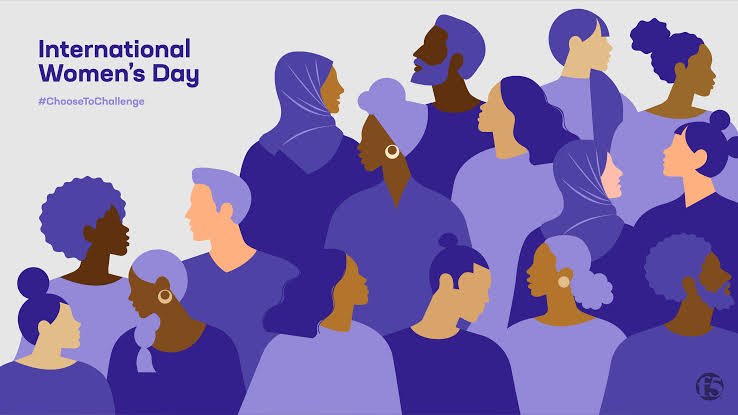The Chinese Embassy in Nigeria celebrated International Women’s Day (IWD) on Friday in Abuja, focusing on empowerment and equality. The event, themed “Her Story and Future,” aligned with the United Nations IWD theme for the year, “For All Women and Girls: Rights, Equality, Empowerment,” marking the 30th anniversary of the Beijing Declaration and Platform for Action.
Chinese Ambassador to Nigeria, Amb. Yu Dunhai, reflected on the significant strides made by women in politics, economics, technology, and culture over the past three decades. He emphasized that gender should no longer be a barrier to human progress, as women, when given equal access to education and resources, have the power to shape history.
“Over the past 30 years, we have seen remarkable achievements by women globally, who have contributed significantly in various sectors, writing a glorious chapter in Herstory,” Amb. Dunhai stated. “Civilization, science, and technology have long surpassed gender prejudices. When women enjoy equal education and fair access to resources, they can indeed make history.”
The ambassador highlighted Chinese President Xi Jinping’s view that women are central to societal progress and that gender equality remains a fundamental policy in China. He shared that China has created an extensive legal framework, with over 100 laws and regulations dedicated to protecting women’s rights. This focus has led to an increase in life expectancy for Chinese women to nearly 81 years and an almost equal gender split in education and workforce participation, with women comprising 45% of the workforce and a majority in the internet sector.
Amb. Dunhai also touched on the important role women play in China’s political arena, particularly during events like the “Two Sessions” in Beijing, where women actively contribute as representatives.
He added that China’s partnership with Nigeria has also led to positive impacts for Nigerian women, including better access to healthcare, agricultural training, and business opportunities. The ambassador expressed hope that the growing cooperation under the “Belt and Road” initiative would continue to benefit Nigerian women.
Contributions of Women in Nigeria
Oraeluno Raphael, Acting Permanent Secretary of the Ministry of Art, Culture, Tourism, and Creative Economy, praised the vital role of women, both biologically and spiritually, in society. He emphasized that women’s contributions across multiple sectors—agriculture, technology, education, and business—are invaluable.
“Woman is the foundation of life, just as God is the source of divine life,” Raphael remarked. He also noted that women in positions of authority bring peace, decorum, and progress, highlighting the importance of supporting women’s leadership.
Raphael added, “That’s why we are clamouring for the first female president in Nigeria, to bring about the development we need.”
The Ministry’s efforts to promote women in artistic and cultural sectors, such as photography, film production, and culinary arts, were also noted.
Olubunmi Olowookere, Permanent Secretary of the Social Development Secretariat of the Federal Capital Territory, acknowledged the power of women’s stories, calling them a testament to resilience and courage. She reiterated the importance of creating a future where women can thrive, contribute, and lead in every sphere of life.
“We are here not just to celebrate women’s achievements but to recognize the power of their stories,” Olowookere emphasized. “Their voices have transformed societies, enriched cultures, and inspired progress.”
The event was a powerful reminder of the ongoing struggle for gender equality and the need for continued support for women’s empowerment in all sectors.

